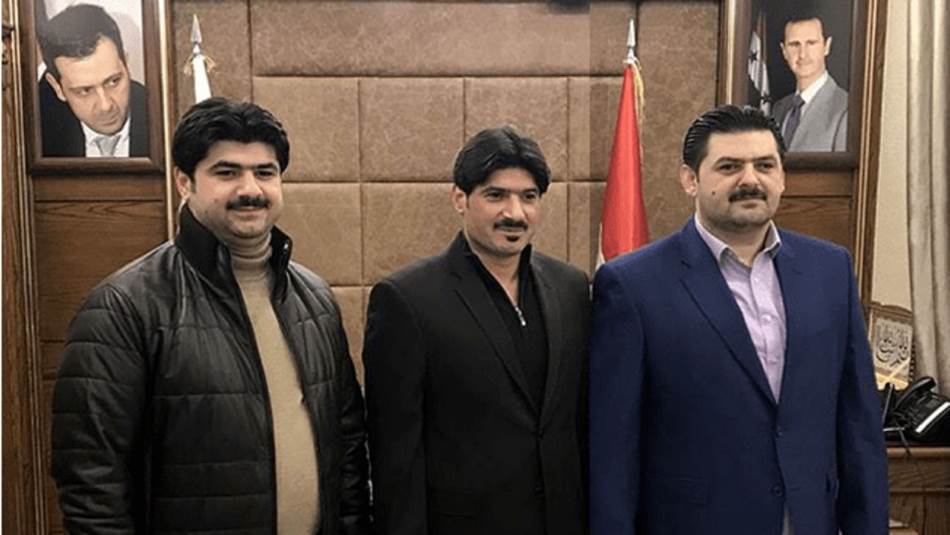The Syrian regime’s recent move to expand the operations of the Golden Gate Company, owned by the Qaterji Group, signifies the culmination of a partnership between the group and the presidential palace aimed at gaining control of the hydrocarbon trade. This move lays the groundwork for the privatization of the sector, ultimately leading to its leasing to the Qaterji family.
In the latest resolution published in issue (34) of 2023 of the Official Gazette, changes were made to the company’s articles of association. Specifically, Article 1, paragraph 2, was amended to include a new business activity for the company, which involves the establishment and investment in gas stations and the sale of petroleum products. Furthermore, Article 2 of the Articles of Association, pertaining to the company’s name, was modified to become “Golden Gate Company for Transport and Oil Services Limited Liability Company.”
FEARAB America’s 50th Extraordinary Conference & Diplomatic Discourse for Global Collaboration”
It is worth noting that this decision coincided with an increase in the price of gasoline (95 octane) to 14,700 Syrian pounds. Importantly, government statements indicate that the cost of importing a liter of gasoline stands at 12,100 Syrian pounds. The Ministry of Internal Trade and Consumer Protection has also clarified that fuel pricing will be adjusted periodically in accordance with the current cost factors.
Project Completion
The company has officially announced on its Facebook pages that owners of businesses engaged in economic activities can now obtain full allocations of diesel, fuel, and gas through specialized chambers (industry, trade, tourism) or by submitting requests via the company’s email.
Karam Shaar, the Director of the Syrian Program at the Political and Economic Networks Observatory, believes that the decisions made and implemented in the hydrocarbon sector are part of a plan overseen by the presidential palace to invest in the sector in partnership with the Qaterji family, who have close ties to the palace.
Shaar further elaborated to Al-Modon that the profits generated from the privatization of the hydrocarbon sector will not be directed to the public treasury but instead flow into the coffers of the presidential palace and the Qaterji Group due to the direct partnership between Bashar al-Assad and the group.
It is worth noting that the recent increases in gasoline prices over the past weeks are aimed at bringing them to profitable levels in preparation for the implementation of the fuel trade project in collaboration with the Golden Gate Company. These decisions have been made subsequent to the company being granted permission to import oil from outside Syria, with its transactions being linked to the central bank.
Transfer of public funds
The decision to expand the activities of the Golden Gate Company is a widely anticipated move, driven primarily by the company’s substantial presence in the oil and fuel sector within regime-controlled areas. This expansion can be attributed to the strong rapport between the company’s owner and Assad, as highlighted by economic researcher Yahya al-Sayed Omar in his remarks to Al-Modon.
According to Omar, this new direction aims to introduce privatization into the Syrian public sector. While privatization itself is not inherently detrimental and has proven effective in reducing instances of inefficiency and corruption in numerous countries, the concerning aspect in the case of the Golden Gate Company is that privatization seems to be conducted with the interests of regime-affiliated businessmen at the forefront, rather than prioritizing the broader welfare of the state and the private sector.
Omar goes on to emphasize that decisions related to privatization often appear to be guided by special considerations unrelated to genuine economic interests. Instead, they seem to serve the political interests of the Syrian regime. This underscores the gravity of the decision and raises concerns about the overall approach taken by the government.
This article was translated and edited by The Syrian Observer. The Syrian Observer has not verified the content of this story. Responsibility for the information and views set out in this article lies entirely with the author.


